Cross River state is a state located in the southern part of Nigeria, with a rich cultural heritage, diverse ecosystem, and tourism potentials. In this article, we will explore some interesting facts about the state, including its history, geography, economy, and culture. From the state’s capital city, Calabar, to its popular tourist destinations, we will delve into the unique features that make Cross River state a fascinating place to visit and live in.
Top Interesting Facts About Cross River State
Date state was created
Cross River State was created on May 27, 1967, from the former Eastern Region of Nigeria. The state was created during the military regime of General Yakubu Gowon, who was the Head of State at the time. The creation of Cross River State was part of the government’s effort to restructure the country into smaller administrative units for better governance.
Before the creation of Cross River State, the area was part of the Eastern Region, which comprised the present-day states of Abia, Akwa Ibom, Anambra, Ebonyi, Enugu, Imo, and Rivers. The creation of Cross River State was significant because it gave the people of the area a sense of identity and autonomy.
State Border
Cross River State shares borders with five other states in Nigeria, namely Benue, Ebonyi, Abia, Akwa Ibom, and the Atlantic Ocean. The state is located in the South-South region of Nigeria and has a total land area of 20,156 square kilometers.
The state’s border with Benue is in the north, while its border with Ebonyi is in the northeast. To the east, Cross River State shares a border with Abia, while its border with Akwa Ibom is in the south. The state also has a coastline along the Atlantic Ocean in the south.
State Region
Cross River State is located in the South-South region of Nigeria. The region is known for its rich cultural heritage, natural resources, and diverse ethnic groups. The South-South region comprises six states, namely Akwa Ibom, Bayelsa, Cross River, Delta, Edo, and Rivers.
The region is known for its oil and gas resources, which contribute significantly to the country’s economy. The region is also home to several tourist attractions, including beaches, wildlife reserves, and cultural festivals.
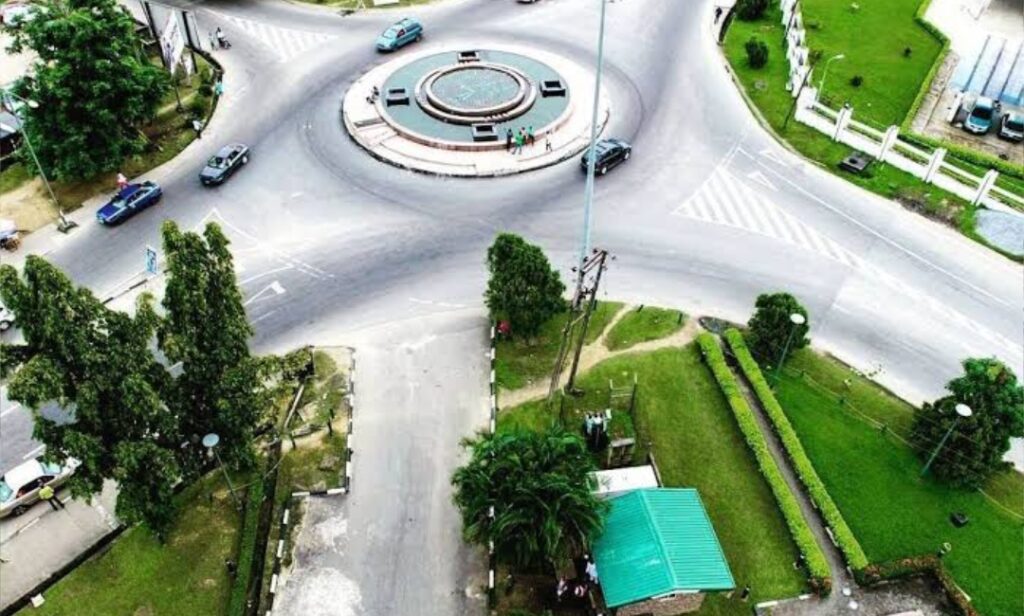
Cross River State Capital
The capital of Cross River State is Calabar. Calabar is a historic city that served as the capital of the former Eastern Region. The city is located on the banks of the Calabar River and has a rich cultural heritage.
Calabar is known for its colonial architecture, museums, and cultural festivals. The city is also home to several universities, including the University of Calabar, which is one of the oldest universities in Nigeria.
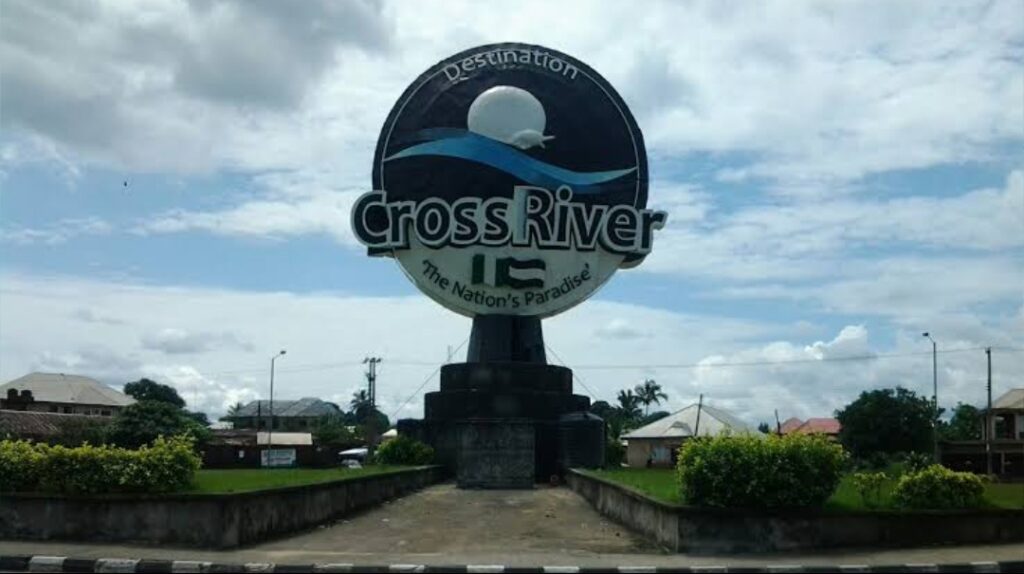
State Slogan
The state’s slogan is “The People’s Paradise.” The slogan was coined to describe the state’s natural beauty, cultural heritage, and friendly people. Cross River State is known for its tourist attractions, including the Obudu Cattle Ranch, Tinapa Resort, and Agbokim Waterfalls.
The state is also home to several ethnic groups, each with its unique cultural practices and traditions. The people of Cross River State are known for their hospitality, which has earned them the nickname “The People’s Paradise.”
Religion
Christianity and Islam are the major religions in Cross River State. Christianity is the dominant religion, with the majority of the population being Catholic, Anglican, or Pentecostal. Islam is also practiced, mainly by the Hausa-Fulani community and other Muslim migrants.
The state is known for its religious tolerance, with people of different faiths living together peacefully. The state government has also created an enabling environment for religious freedom and has encouraged interfaith dialogue and cooperation.
State Landmass
Cross River State covers a land area of 20,156 square kilometers. The state is located in the southeastern part of Nigeria and is bordered by five other states and the Atlantic Ocean. The state’s landmass is characterized by tropical rainforests, savannah grasslands, and coastal mangrove swamps.
The state’s topography is diverse, with the Obudu Plateau in the north, the Cross River Basin in the south, and the Calabar River in the east. The state’s location on the coast makes it prone to flooding during the rainy season.
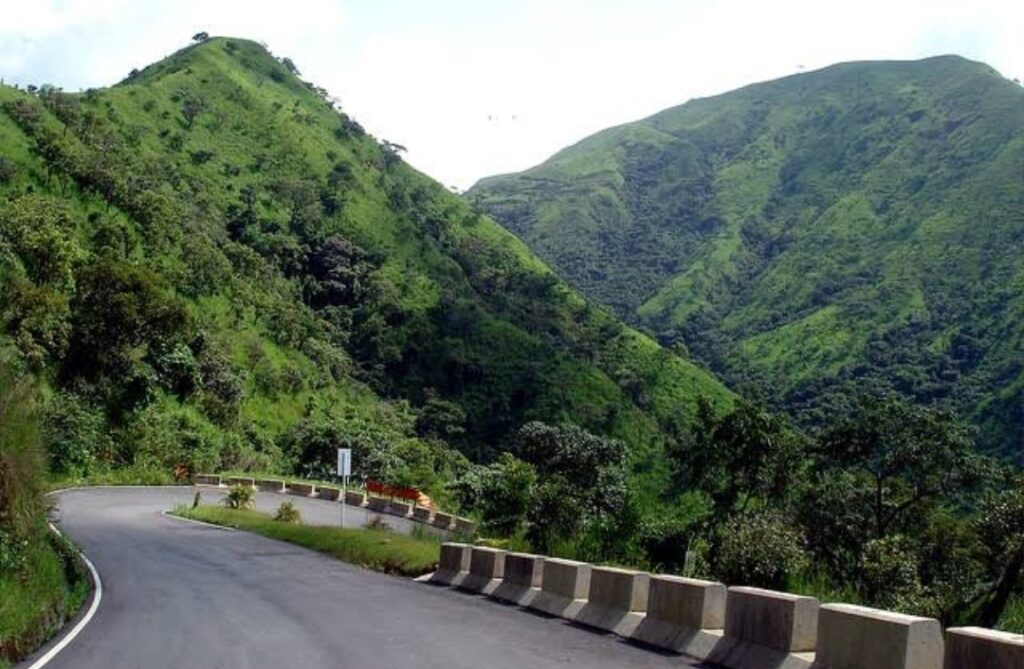
State Tourism
Cross River State is known for its tourism potentials, which include natural attractions, cultural festivals, and historical sites. The state’s tourism industry is a major contributor to its economy, providing employment opportunities and generating revenue.
One of the state’s major tourist attractions is the Obudu Cattle Ranch, which is located on the Obudu Plateau. The ranch is a popular destination for tourists who want to experience the cool mountain climate and breathtaking scenery. The ranch offers activities such as hiking, horse riding, and bird watching.
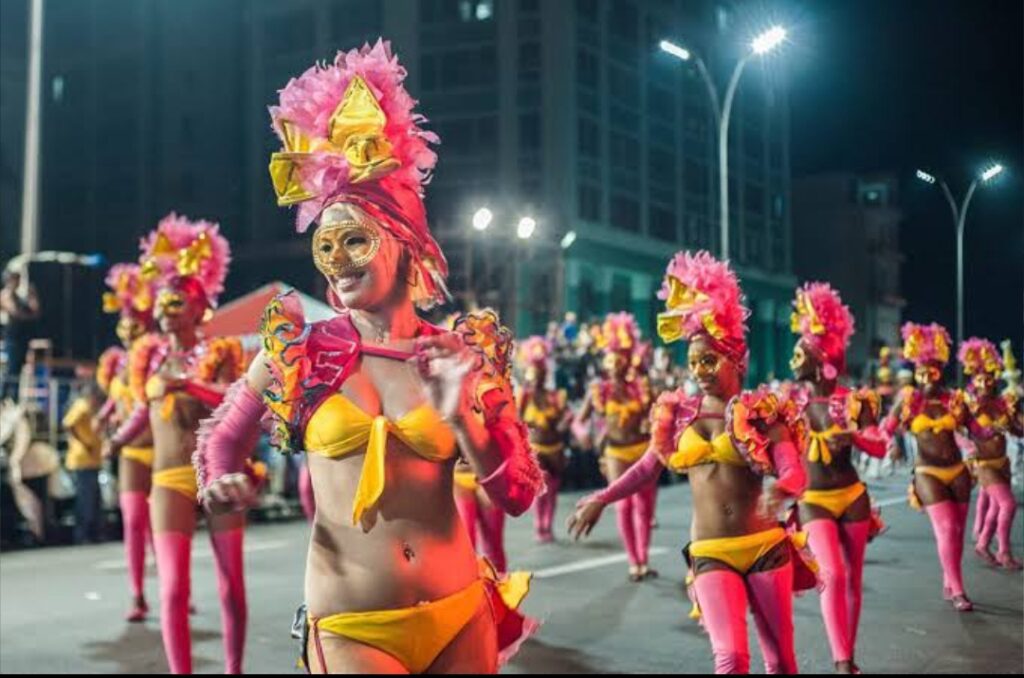
Another popular tourist destination in Cross River State is the Tinapa Resort, which is a world-class business and leisure resort. The resort features a shopping mall, a water park, a cinema, and a casino.
Other tourist attractions in the state include the Agbokim Waterfalls, Marina Resort, Five fingers, the Cross River National Park, and the Calabar Carnival, which is one of the largest street carnivals in Africa.
Universities
Cross River State is home to several universities, which provide higher education opportunities for its citizens and students from other parts of Nigeria and beyond. The universities in the state offer courses in various fields, including science, technology, humanities, and social sciences.
The University of Calabar is one of the oldest universities in Nigeria and is located in the state capital, Calabar. The university offers undergraduate and postgraduate programs in various fields, including medicine, law, and engineering.
The Cross River State University of Technology is located in Ogoja and offers courses in engineering, technology, and applied sciences. The Arthur Jarvis University is a private university located in Akpabuyo and offers courses in various fields, including business, law, and social sciences.
Tribes / Ethnic
Cross River State is home to several ethnic groups, each with its unique cultural practices and traditions. The major tribes in the state are Efik, Bekwarra, Ejagham, and Boki, among others.
The Efik people are the dominant ethnic group in the state and are known for their rich cultural heritage, which includes the use of the Ekpe masquerade, the Nsibidi script, and the Calabar Carnival. The Bekwarra people are known for their agricultural practices, while the Ejagham people are known for their ironworking skills.
The state government has recognized the importance of cultural diversity and has created policies to promote and preserve the state’s cultural heritage. The government has also encouraged inter-ethnic dialogue and cooperation to promote peace and unity in the state.
Population
According to the 2006 census, the population of Cross River State was 2,892,988. The state’s population has grown significantly since then, and it is estimated to be over 4 million people currently.
The state’s population is diverse, with people from different ethnic groups and religions living together peacefully. The state government has created policies to promote a peaceful coexistence among its citizens and to ensure that everyone has access to basic amenities and services.
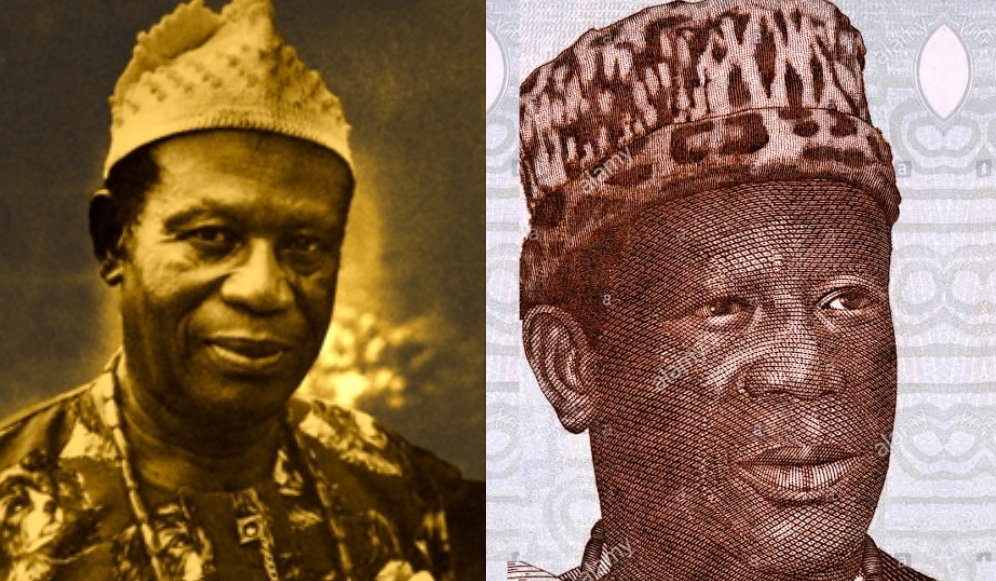
First Democratic Governor
Clement Isong was the first elected governor of Cross River State. He served from 1979 to 1983 under the platform of the National Party of Nigeria (NPN). Isong was a renowned economist and banker before venturing into politics.
During his tenure as governor, Isong implemented policies that promoted economic growth and development in the state. He also initiated projects in the areas of education, health, and infrastructure development.
Isong’s administration was cut short by the military coup of December 1983, which brought an end to the Second Republic.
Number of Local Govts
Cross River State has 18 local government areas, which are further divided into wards and villages. The local government areas are Akamkpa, Akpabuyo, Bakassi, Bekwarra, Biase, Boki, Calabar Municipal, Calabar South, Etung, Ikom, Obanliku, Obubra, Obudu, Odukpani, Ogoja, Yakurr, Yala, and Abi.
The local government areas are responsible for the provision of basic amenities and services to their respective communities. They are also involved in the implementation of government policies and programs at the grassroots level.
Senatorial Districts
Cross River State is divided into three senatorial districts, namely Cross River North, Cross River Central, and Cross River South. Each senatorial district is represented by a senator in the National Assembly.
The Cross River North senatorial district comprises five local government areas, while the Cross River Central senatorial district comprises six local government areas. The Cross River South senatorial district comprises seven local government areas.
The senatorial districts are significant in the political representation of the state at the federal level. The senators from each district are expected to represent the interests of their constituents in the National Assembly.
Natural Resources
Cross River State is rich in natural resources, which contribute significantly to the country’s economy. The state is endowed with crude oil, natural gas, limestone, and tin, among others.
The state’s oil and gas resources are located offshore in the Atlantic Ocean. The state also has significant deposits of limestone, which is used in the production of cement. Tin is also mined in the state, particularly in the Jos Plateau.
The state government has initiated policies to harness and exploit its natural resources for the benefit of its citizens. The government has encouraged local and foreign investments in the state’s extractive industries to boost economic growth and development.
Prominent people in the state
Cross River State has produced several prominent people in various fields, including politics, entertainment, and sports. Some of the notable personalities from the state include Donald Duke, Liyel Imoke, Ndoma Egba, and Kate Henshaw, among others.
Donald Duke is a former governor of the state who served from 1999 to 2007. He is known for his contributions to the development of the state, particularly in the areas of tourism and infrastructure.
Liyel Imoke is another former governor of the state who served from 2007 to 2015. He is known for his contributions to the state’s healthcare system and his efforts to promote peace and security in the state.
Ndoma Egba is a lawyer and politician who has served as a senator representing Cross River Central senatorial district. He is known for his contributions to the development of the state and his advocacy for good governance.
Kate Henshaw is a renowned actress who hails from the state. She has starred in several Nollywood movies and has won several awards for her contributions to the entertainment industry.
Next: Top 21: Interesting Facts About Borno State, Nigeria

